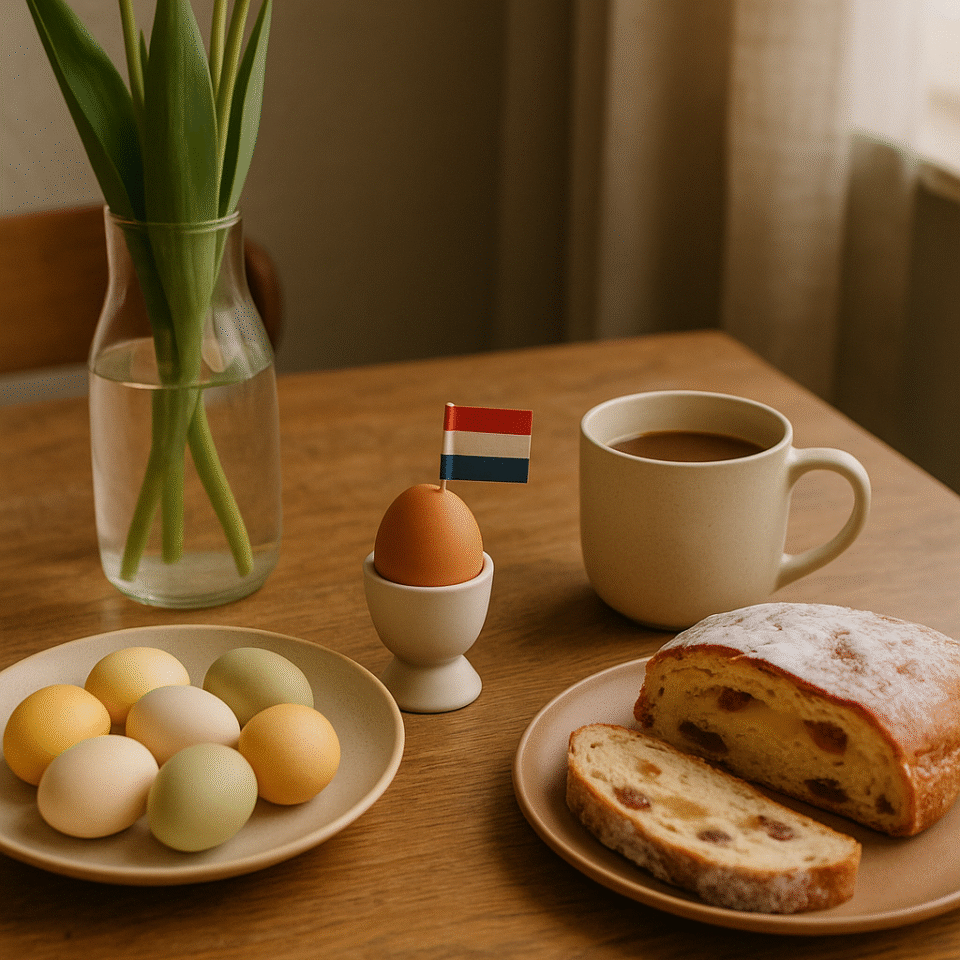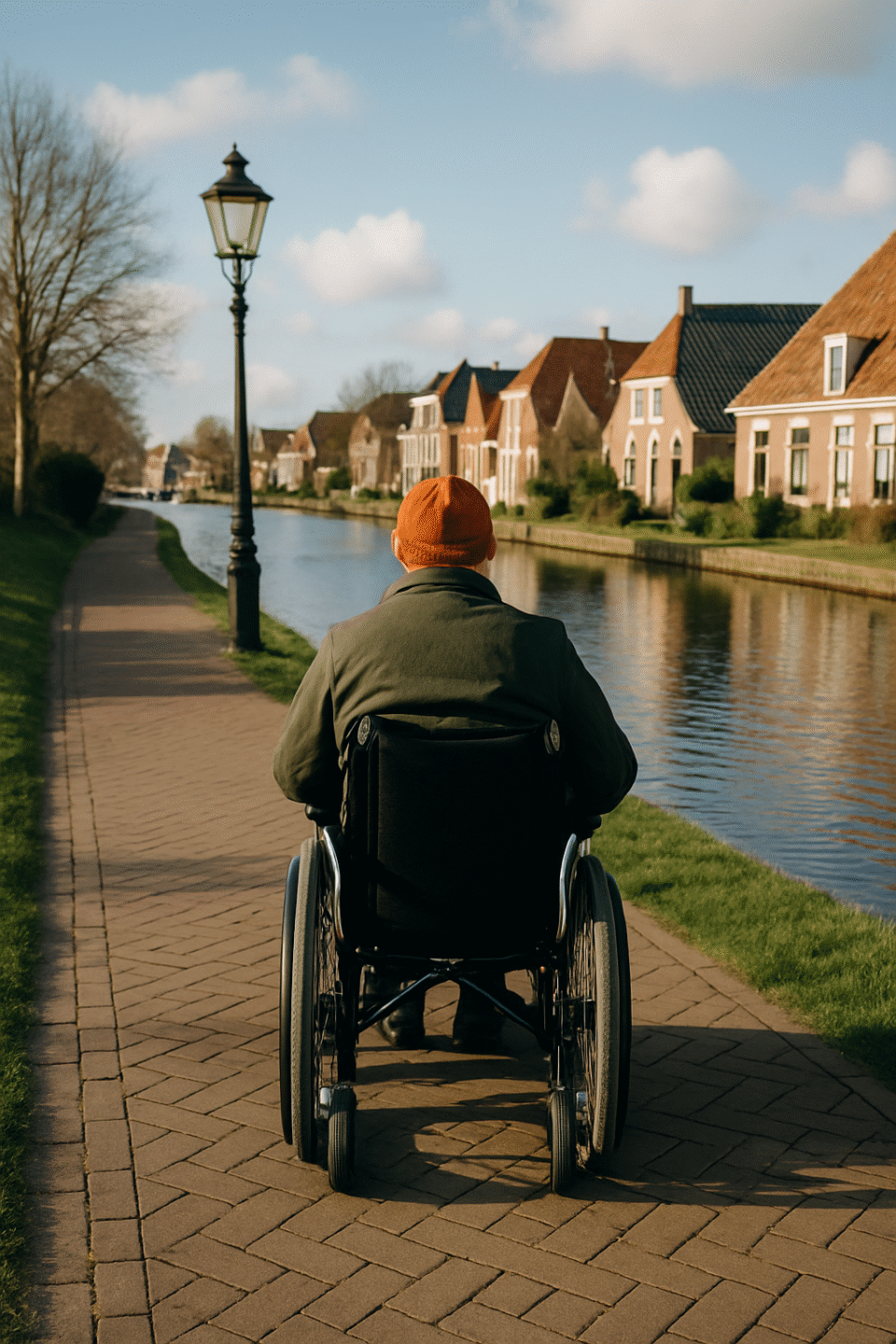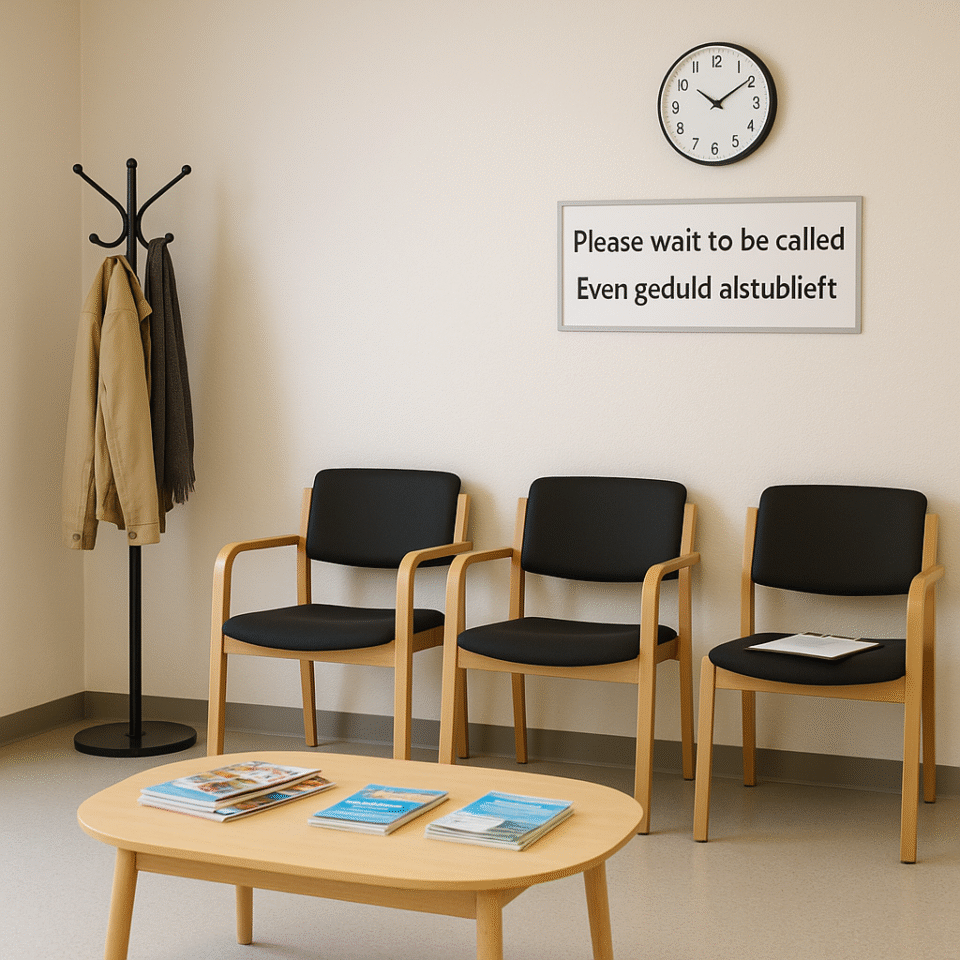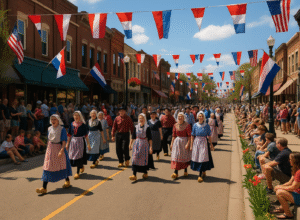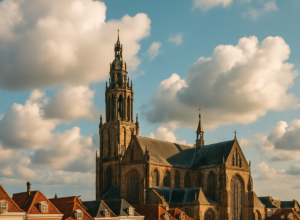Easter in the Netherlands is a national holiday marked by quiet traditions, closed shops, and relaxed family meals. If you’re moving to the Netherlands or already living here as an expat, you might wonder what to expect. It’s not flashy. There are no giant egg hunts or big-box sales. But it’s a national holiday with some specific customs—and a few things you’ll want to know to avoid confusion.
This is a straightforward look at what Easter actually feels like here: what’s open, what people do, and how to navigate the weekend without stepping on any cultural toes.
What’s Open and Closed
The Dutch observe two official Easter holidays: Eerste Paasdag (Easter Sunday) and Tweede Paasdag (Easter Monday). Most businesses are closed on Sunday—including grocery stores, shops, and restaurants. Monday is a bit more flexible. Larger grocery chains or garden centers might open, usually with limited hours.
Trains and public transportation still run, but may operate on a holiday schedule. Pharmacies will have limited hours, with only a few designated for emergency service. Museums and attractions vary—some stay open, especially on Monday, but it’s always worth checking ahead.
If you need anything essential, get it on Saturday. Sunday is very much a day off.
What to Expect from Easter in the Netherlands
Easter here is quiet and mostly centered around the home. Brunch is the main event, not dinner, and it’s usually simple: bread rolls, boiled eggs, cheeses, fruit, and sweet spreads. People make an effort to set a cozy table, but it’s rarely formal.
One tradition you’ll see mentioned often is gourmetten—a tabletop grilling setup where everyone cooks their own bite-sized food in small pans. It’s especially popular for families and can be found in supermarkets leading up to the holiday. Some Dutch families also incorporate egg decorating or casual scavenger hunts, particularly if there are young children involved.
Church services do happen, but they’re usually low-key and private. If you’re looking for an English-language service, larger cities will have options.
Decorations lean toward the soft and seasonal: tulips, daffodils, pastel tones, and chocolate eggs in every shape and flavor. You’ll also see themed baked goods—like paasbrood, a sweet bread filled with raisins and almond paste.
What Might Feel Different
If you’re coming from the U.S., some parts of Dutch Easter might seem surprisingly minimal. You won’t find public egg hunts or mall bunnies, and there’s no big restaurant rush. Most families stay home.
If you have kids and want to keep the American-style egg hunt tradition going, you’ll need to organize it yourself. Parks are fair game, but you’ll be on your own unless you connect with an expat group hosting something informal.
On the other hand, Dutch chocolate is excellent, and grocery stores start stocking a wide range of Easter treats early in the season. Specialty shops and bakeries often offer seasonal pastries that are worth trying if you want to bring something festive to a gathering.
Tips for a Smooth Weekend
If you’re new here, a little preparation goes a long way. Don’t expect to do any last-minute shopping on Sunday. If you’re invited to someone’s home, bring something thoughtful—flowers, wine, or pastries are safe bets.
And if you don’t celebrate, no problem. Easter weekend can be a great time to take a long walk, hop on a train, or just enjoy the quiet while the city slows down around you. Nature is starting to bloom, and this can be one of the most peaceful weekends of the spring.
You might also take advantage of the extra day off to catch up on errands Monday—just check hours before heading out.
Final Thoughts
Easter in the Netherlands isn’t a spectacle—it’s a pause. A moment for rest, small rituals, and maybe a bit of chocolate. Once you know what to expect, it becomes easy to enjoy.
Stay stocked, stay flexible, and let the weekend unfold.
